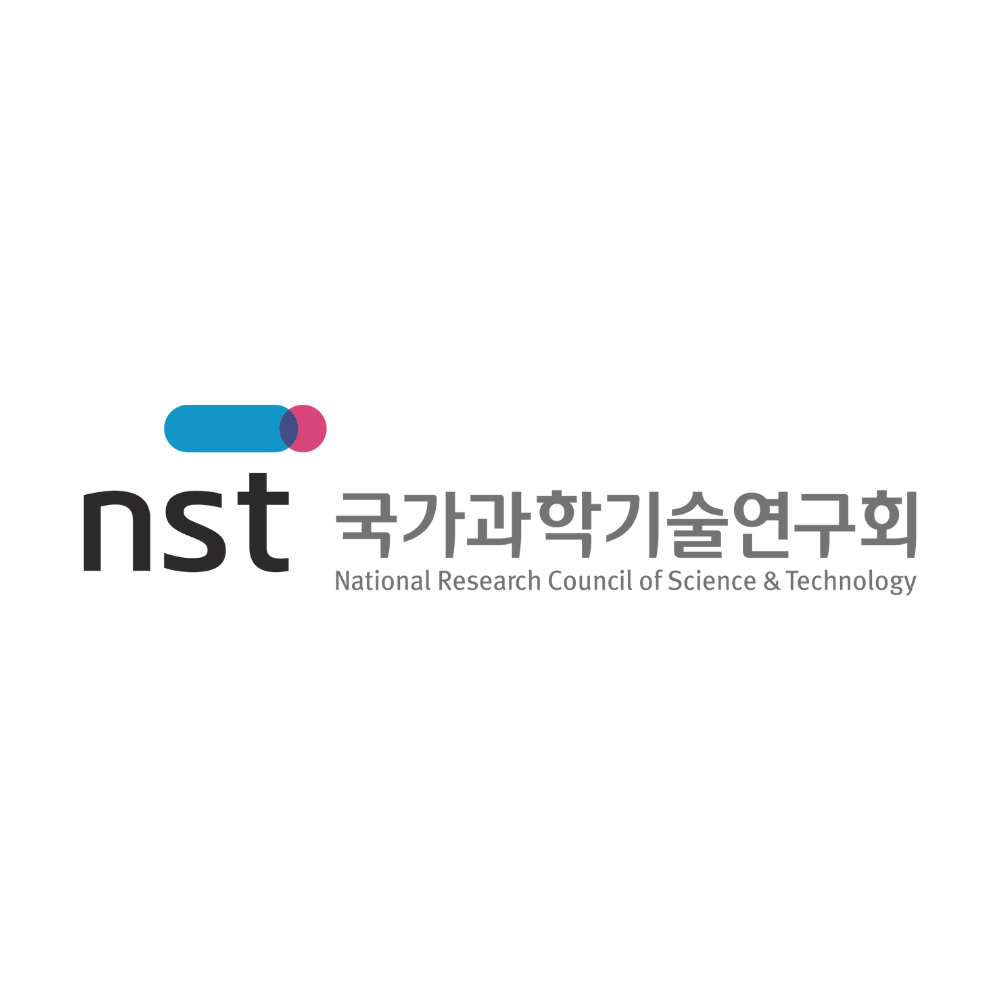The Korea Electrotechnology Research Institute (KERI) is Korea’s national research institute for electrical engineering and power systems. Established in 1976, KERI focuses on developing technologies for electricity generation, transmission, and utilization, with the mission of supporting the energy transition through safe, efficient, and intelligent electrical systems.
The South Korea Mobility Program offers data science talents the opportunity to spend up to three months at KERI in Changwon or Ansan. Participants engage in projects that bring together electrical engineering, energy systems analysis, and data science. They benefit from access to advanced laboratories in high voltage, power electronics, smart grids, and energy storage, as well as large-scale testing facilities.

About NST
National Research Council of Science and Technology (NST)
The National Research Council of Science and Technology (NST) currently brings together 23 leading research institutes active in a wide range of fields – from materials science, biotechnology, and energy to space exploration, robotics, and information and communication technologies. It coordinates their strategic direction, fosters synergies among the institutes, and supports the government in shaping research and innovation strategies.
In doing so, NST plays a key role in advancing scientific excellence in areas of societal relevance and in transferring technological innovations to industry and society. In addition, it strengthens the international networks of Korean research and enables joint projects with leading research organizations worldwide.
KERI’s research targets the future of electric power systems. Key areas include high-voltage and power electronics, intelligent grid technologies, e-mobility solutions, and energy storage systems. A particular focus is placed on the integration of renewable energy into power grids and ensuring grid stability under conditions of decentralized generation.
In addition, KERI develops applications in supercapacitors, high-temperature superconductivity, and power semiconductors. With this expertise, the institute supports Korean industry and contributes actively to international standardization and global research networks.
Research priorities:
-
Power electronics and high-voltage engineering – development of systems for efficient power transmission and distribution.
-
Smart grids and grid technologies – intelligent control, grid monitoring, and renewable energy integration.
-
E-mobility and drive systems – electric drive technologies, charging infrastructure, and vehicle-to-grid applications.
-
Energy storage and superconductivity – novel storage concepts, supercapacitors, and superconducting cables.
-
Standardization and international cooperation – contributions to global standards and partnerships with international research institutes.
Contact
Contact
You may contact the following researchers regarding a research stay. Please note that this is only a selection. You are also welcome to independently look for potential hosts within the institute and discuss a possible stay with them.
Jonggeun Kim
Senior Researcher at the Artificial Intelligence Research Center
KERI's expertise in the field of Data Science and AI
- Development of AI classification models for diagnosing the condition of cutting tools in machine tools
- Development of AI classification models for diagnosing spindle motor failures in machine tools
- Establishment of learning and testing infrastructure to support the development of AI solutions for machine tools
- Development of AI technology for marker recognition and marker position estimation during high-speed operation of logistics robots
- Equipment construction and application of AI technology to bottleneck processes at 9 demand-side companies
- Development of a device for generating and collecting data for spindle motor bearing failure diagnosis
- Construction of a leading smart factory demonstration plant within the Changwon Smart Industrial Complex
- Development of an AI-based image classification algorithm and data collection platform for inventory management
How to Apply
- Step 1: Contact a research group at one of the NST member institutions to discuss the possibility of a three-month research stay.
- Step 2: Submit your application through HIDA
- Step 3: Applications are reviewed by a selection committee, and you will be notified shortly thereafter.
You can find more details about the application process under following link!
Contact
If you have any questions about the South Korea Mobility Program or our other research stay offerings, please don’t hesitate to contact us at any time.

Stefanie Gruber-Sliva
Networks & Mobility Program Manager
Contact







